M.Tech. in VLSI offers high-demand skills, diverse career options, and innovation opportunities in electronics industry.
Future Scope & Benefits: M.Tech. in VLSI System Design Course
A Master of Technology (M.Tech.) degree in VLSI (Very Large Scale Integration) System Design offers numerous opportunities and benefits for graduates in today's technology-driven world. Here, we'll explore the future scope and advantages of pursuing this specialized program:
1. Thriving Semiconductor Industry:
- The semiconductor industry is the backbone of modern electronics, and VLSI System Design plays a pivotal role in it. With the increasing demand for smaller, more efficient, and feature-rich electronic devices, the semiconductor industry is poised for continuous growth. Graduates in VLSI System Design are well-positioned to tap into this industry.
2. Lucrative Career Options:
- M.Tech. graduates in VLSI System Design can pursue a wide range of career options. They can work as VLSI design engineers, verification engineers, ASIC designers, FPGA engineers, and more in semiconductor companies, electronic product design firms, and research organizations.
3. Research and Development Opportunities:
- Graduates can engage in cutting-edge research and development projects in VLSI, contributing to innovations in microelectronics, integrated circuits, and system-on-chip (SoC) technologies. Research opportunities often lead to patents and advancements in the field.
4. Enhanced Skillset:
- The M.Tech. curriculum equips students with advanced knowledge in digital and analog VLSI design, semiconductor technologies, and CAD (Computer-Aided Design) tools. This skill set is in high demand across industries that rely on electronics and chip design.
5. Contribution to IoT and AI:
- As the Internet of Things (IoT) and artificial intelligence (AI) continue to expand, VLSI professionals are instrumental in developing the hardware required for these technologies. They design the chips that power smart devices, sensors, and AI accelerators.
6. Global Opportunities:
- The skills gained through an M.Tech. in VLSI System Design are transferable globally. Graduates can explore job opportunities not only in their home country but also in tech hubs around the world, including Silicon Valley, Europe, and Asia.
7. Entrepreneurship:
- Some graduates choose to start their own VLSI design firms or consultancies, offering specialized services to clients in need of custom chip design. Entrepreneurial ventures in this field can be highly rewarding.
8. Competitive Salaries:
- VLSI engineers are often among the highest-paid professionals in the electronics industry. Their expertise in designing complex integrated circuits is in great demand, leading to competitive salary packages and benefits.
9. Innovation and Product Development:
- VLSI professionals contribute to the creation of innovative electronic products, from smartphones and wearables to autonomous vehicles and medical devices. They play a crucial role in shaping the future of technology.
10. Job Security:
- The semiconductor industry has a relatively low rate of job displacement due to automation compared to some other sectors. VLSI professionals are essential for designing and verifying intricate chip architectures.
11. Continuous Learning and Adaptation:
- Technology in the VLSI domain evolves rapidly. Pursuing an M.Tech. in VLSI System Design equips graduates with the ability to adapt to new technologies and methodologies throughout their careers, ensuring long-term relevance.
12. Contribution to Sustainable Technology:
- VLSI engineers can work on developing energy-efficient chips and systems, contributing to sustainability efforts by reducing power consumption in electronic devices.
13. Networking and Collaboration:
- The M.Tech. program often involves collaboration with industry partners and exposure to leading experts in the field. This facilitates networking opportunities that can be valuable throughout one's career.
14. Job Diversity:
- VLSI professionals are not limited to a single industry. They can find employment in sectors such as aerospace, telecommunications, automotive, healthcare, and consumer electronics, making the job market diverse and resilient.
 2 Years
2 Years
 Post Graduate
Post Graduate
 Engineering
Engineering
 Full Time
Full Time





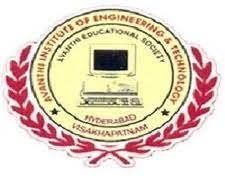



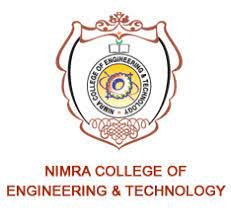
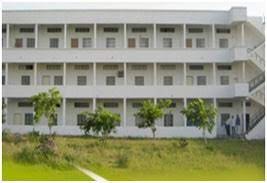


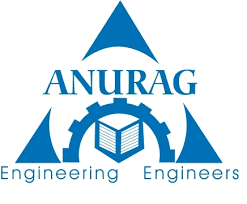
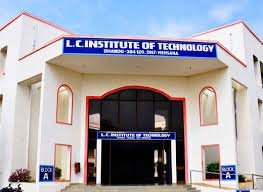


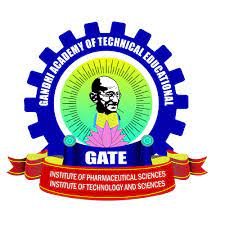

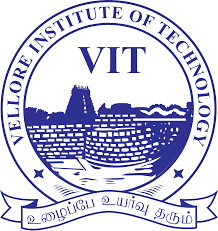

 back
back

